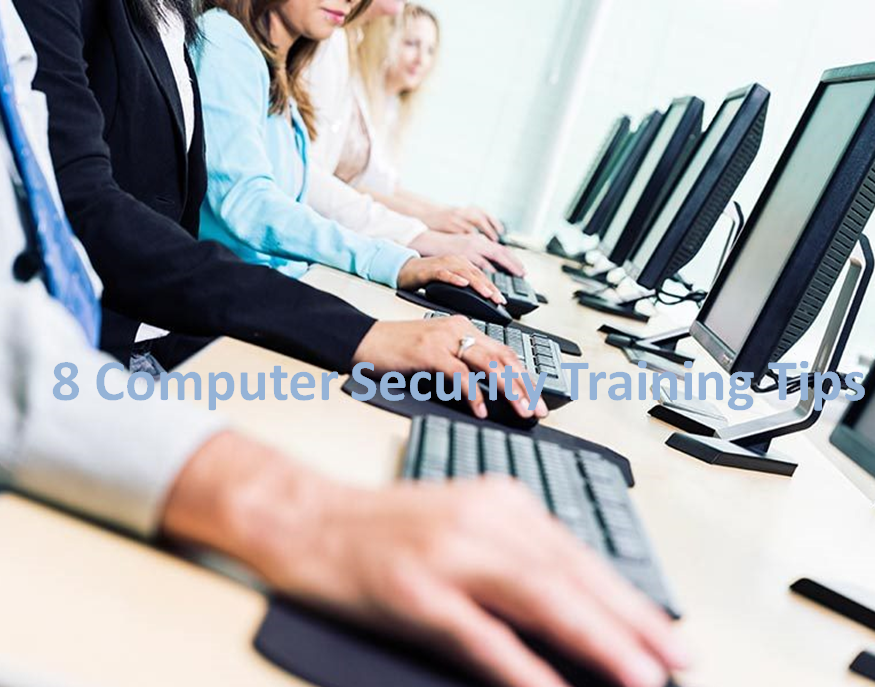As business records and file transfers become more electronically based, the need for increased cybersecurity is becoming clear. There’s no need to become fraught with worry, however. Following these eight tips will be a great start in increasing security for file transfers.
Avoid USB Drives
USB drivers have become a popular way to transport data due to their ease in being transported and the high volume of information that can be stored on them. While having a small USB makes transportation easy, it also makes them easy to lose. In most cases, USBs are not password protected. This means that anyone who stumbles upon a lost flash drive can upload the files to their computer and potentially access the client portal. This has the potential to cripple a company if sensitive information falls into a stranger’s hands.
This can be avoided by avoiding USBs as much as possible. Utilize alternative ways of transporting files to avoid a situation where physical items can be lost. If using a flash drive is unavoidable, ensure that files are protected by strong passwords.
Use Company Devices
It can be tempting to use a personal device to complete work tasks when a company device is unavailable. This may be in a situation when a portfolio needs to be sent from a personal computer, or when encrypted files need to be sent once the workday is over, and everyone has gone home. Whatever the case, personal devices cannot be trusted to be secure when it comes to important files.
Personal devices are easier to hack because people typically leave accounts logged in on personal devices. They also may not have a strong anti-malware system, as these are typically very expensive. Hackers are constantly on the lookout for vulnerabilities that can allow them to steal files. Using company computers and phones only is the best way to avoid having important information stolen.
Strong Passwords
Having weak passwords is one of the easiest ways to weaken cybersecurity. Weak passwords are easy for hackers to determine, and they can then use them to access encrypted information. Once a hacker gains access to a password, this password can be used to access any of the files associated with that account.
When creating passwords, avoid using words from the dictionary as these can be easily guessed. Avoid using words or numbers that are related to personal information, as these can be guessed easily in the case of stolen identity. Create a password that uses a combination of uppercase and lowercase letters, as well as numbers. Consider adding symbols to the password as well, and do not repeat the same password for different accounts.
Update Passwords Regularly
Having strong passwords is only half the battle in cybersecurity. The other half involves updating passwords regularly, to stay one step ahead of hackers. The longer a password goes without being updated, the more likely a hacker is to finally crack it and gain access to the database. Why should you change the password regularly – explained well the reason on How to Geek.
This problem can be combated by changing passwords regularly. The timeframe in which passwords are changed will depend on the level of security that is required. In cases where high stakes information is not on the line, changing passwords every 90 days is a good rule of thumb.
Examine Links
One of the most common ways that hackers gain personal information is by pretending to be someone’s bank, the IRS, or another authority that would have reason to need personal information. Hackers may impersonate these authorities in emails or links to urge victims to click and input their personal information.
If there is an email or link that seems like it’s from an authority source, don’t click right away. Hover over the link to view the URL. If this URL is different than what it should be, don’t click it! This will help avoid a hacker being able to gain personal information through deceitful methods.
Don’t Send Files via Email
Email is one of the most vulnerable areas to being hacked. Files can be easily intercepted in the time between being sent and received.
When a file is sent via email, it does not stay as one file forever. It becomes four copies of the file, with each being stored in a different location on the server. One stays in the outbox, one copy in the sending mail server, and another in the receiving mail server. The final copy resides in the inbox of the email to which it was sent.
Use a Secure Internet Connection
This is more often a problem when working outside the office. When working remotely, it may be tempting to utilize an unsecured connection. While the Wi-Fi may be free, the potential cost to the company is high. An unsecured connection does not encrypt user data, meaning hackers can easily gain access to files during transfer.
The best way to avoid this problem is to use a secure connection whenever a professional business is being done. This will ensure that files are not able to fall into the wrong hands when being transferred.
Pay the Pros
In a world where data breaches can cost a company millions of dollars, professional protection is almost free by comparison. The service of a secure file transfer program ensures that there is always a watchful eye looking out for vulnerabilities. Rather than having the responsibility of security resting on your shoulders, let it rest on the shoulders of the company whose services are being used.
Pairing with a reputable security service not only protects company data but can improve the company’s reputation as well. By showing that data is protected, professional partners and customers will feel safe giving their business.
With professional hackers operating in the shadows, it’s impossible to know when a data breach could happen. The best way to stay protected to follow these eight tips to improve your company’s cybersecurity. With these tips, companies large and small can stay one step ahead of the hackers who are looking to take them down.
[tmh_article_ads]




Share your thoughts